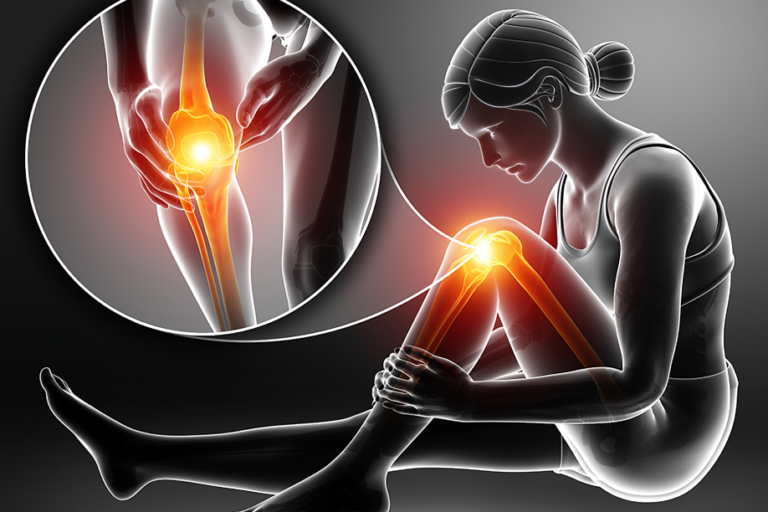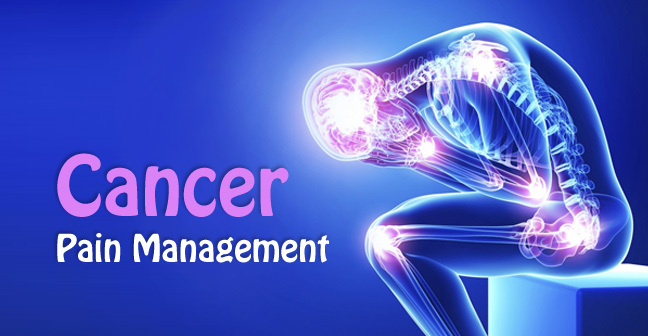Palliative Care For Cancer Pain: Improving Quality Of Life
Cancer, a formidable adversary to human health, not only inflicts physical suffering but also takes a significant toll on the emotional and psychological well-being of individuals. Among the myriad challenges cancer patients face, pain stands out as one of the most distressing symptoms. However, amidst this adversity, there shines a beacon of hope in the form of palliative care – a specialized approach to alleviate suffering and enhance the quality of life for patients battling cancer.
To Know More About It Please Click Here
Understanding Cancer Pain
Cancer pain is complex and multifaceted, stemming from various factors such as tumor growth, invasive procedures, nerve damage, and treatment side effects. It can manifest as acute or chronic, intermittent or continuous, and varies greatly in intensity and location depending on the type and stage of cancer. Left unmanaged, pain not only undermines physical comfort but also exacerbates emotional distress, impairs functional ability, and diminishes overall quality of life.
The Role of Palliative Care
Palliative care is a holistic approach aimed at providing relief from the symptoms, pain, and stress of serious illness, to improve the quality of life for both patients and their families. Contrary to common misconceptions, palliative care is not synonymous with end-of-life care; it can be integrated into the treatment plan at any stage of the illness, alongside curative treatments.
Addressing Pain Holistically
Palliative care for cancer pain adopts a comprehensive approach that addresses the physical, psychological, social, and spiritual dimensions of suffering. It begins with a thorough assessment of the pain, considering its characteristics, underlying causes, and impact on the patient’s daily life. Based on this assessment, a tailored treatment plan is developed, often involving a combination of pharmacological interventions, non-pharmacological therapies, and psychosocial support.
Pharmacological Interventions
Medications remain the cornerstone of cancer pain management, with a range of options available to address different types and severities of pain. These may include non-opioid analgesics such as NSAIDs and acetaminophen, opioid analgesics for moderate to severe pain, adjuvant medications to target neuropathic pain or other specific symptoms, and breakthrough medications for sudden flare-ups of pain. Careful dosing, titration, and monitoring are essential to optimize pain relief while minimizing side effects and risks of dependency.
Non-Pharmacological Therapies
In addition to medications, non-pharmacological therapies play a crucial role in enhancing the efficacy of pain management and promoting overall well-being. These may include physical therapy to improve mobility and function, occupational therapy to assist with activities of daily living, acupuncture, and massage therapy to relieve muscle tension and promote relaxation, and integrative approaches such as mindfulness, meditation, and guided imagery to alleviate stress and enhance coping mechanisms.
Psychosocial Support
Coping with cancer pain involves not just the body, but also the mind and spirit. Palliative care teams recognize the importance of addressing the emotional and psychological aspects of pain, offering counseling, psychotherapy, and support groups to help patients navigate the challenges they face. By providing a safe space for expression, validation, and connection, psychosocial support can empower patients to regain a sense of control, find meaning in their experiences, and cultivate resilience in the face of adversity.
Enhancing Quality of Life
Ultimately, the goal of palliative care for cancer pain is to optimize the quality of life for patients and their families, regardless of the stage or prognosis of the illness. By alleviating suffering, restoring function, and fostering a sense of comfort and dignity, palliative care enables individuals to live more fully and engage more meaningfully in the time they have remaining. It honors the inherent worth and humanity of each individual, recognizing that every life, no matter how limited, is precious and deserving of compassion and care.
Conclusion
Cancer pain is a formidable adversary, but with the comprehensive approach offered by palliative care, its impact can be mitigated, and quality of life significantly improved. By addressing pain holistically, integrating pharmacological and non-pharmacological interventions, and providing psychosocial support, palliative care empowers patients to live more comfortably, meaningfully, and fully, even in the face of serious illness. As we continue to advance our understanding and capabilities in palliative care, may we extend the gift of compassion and dignity to all those confronting the challenges of cancer pain.
Also, Follow us on Instagram







